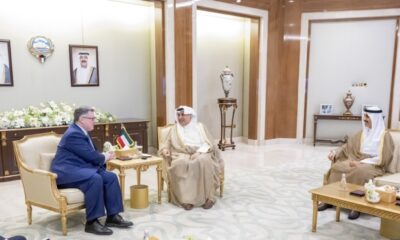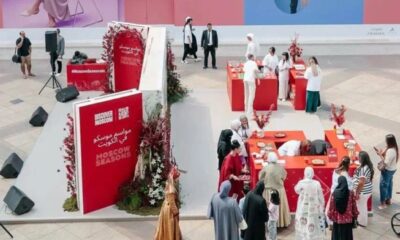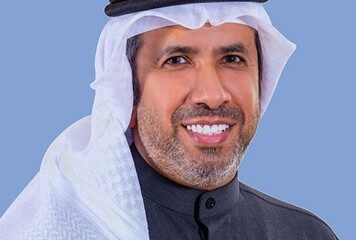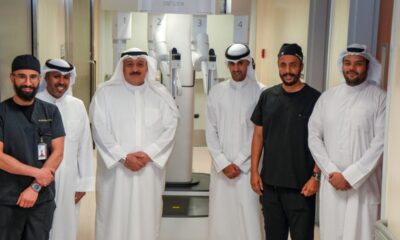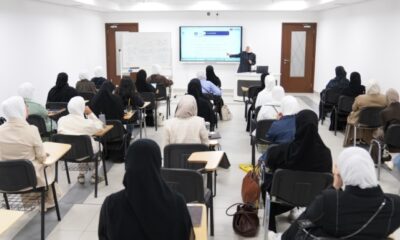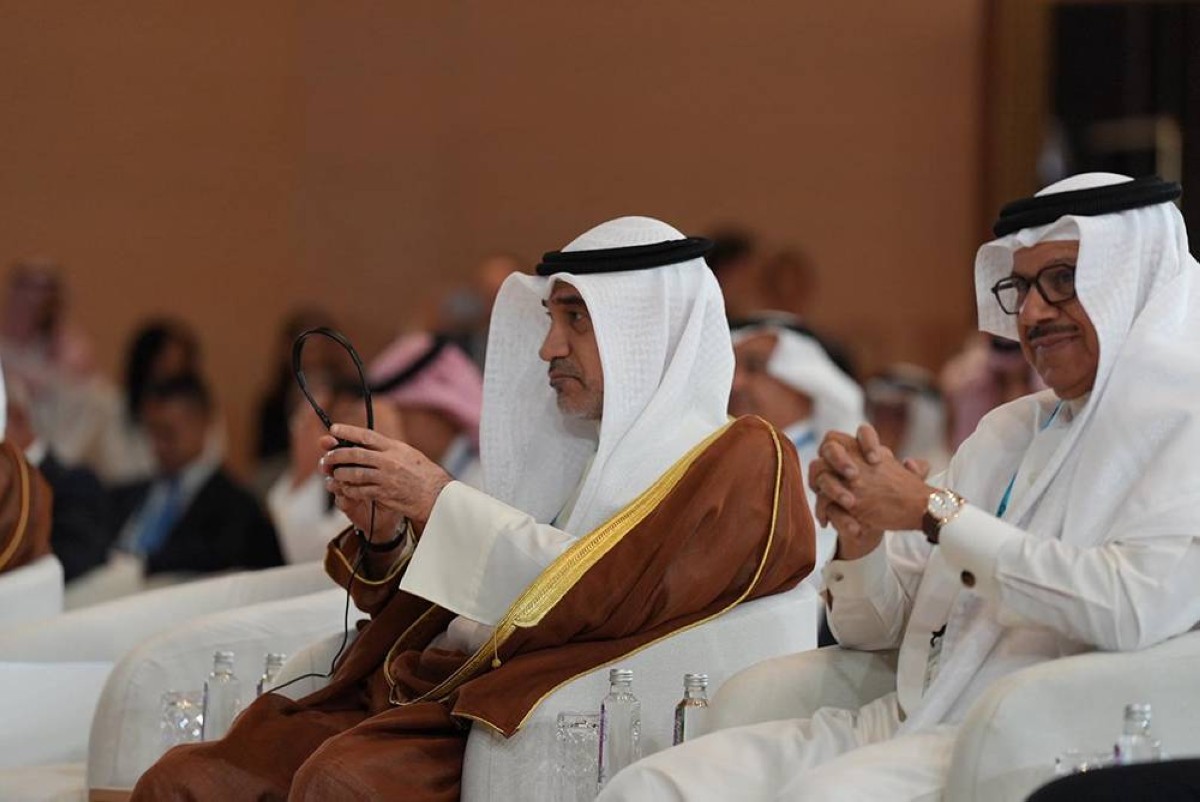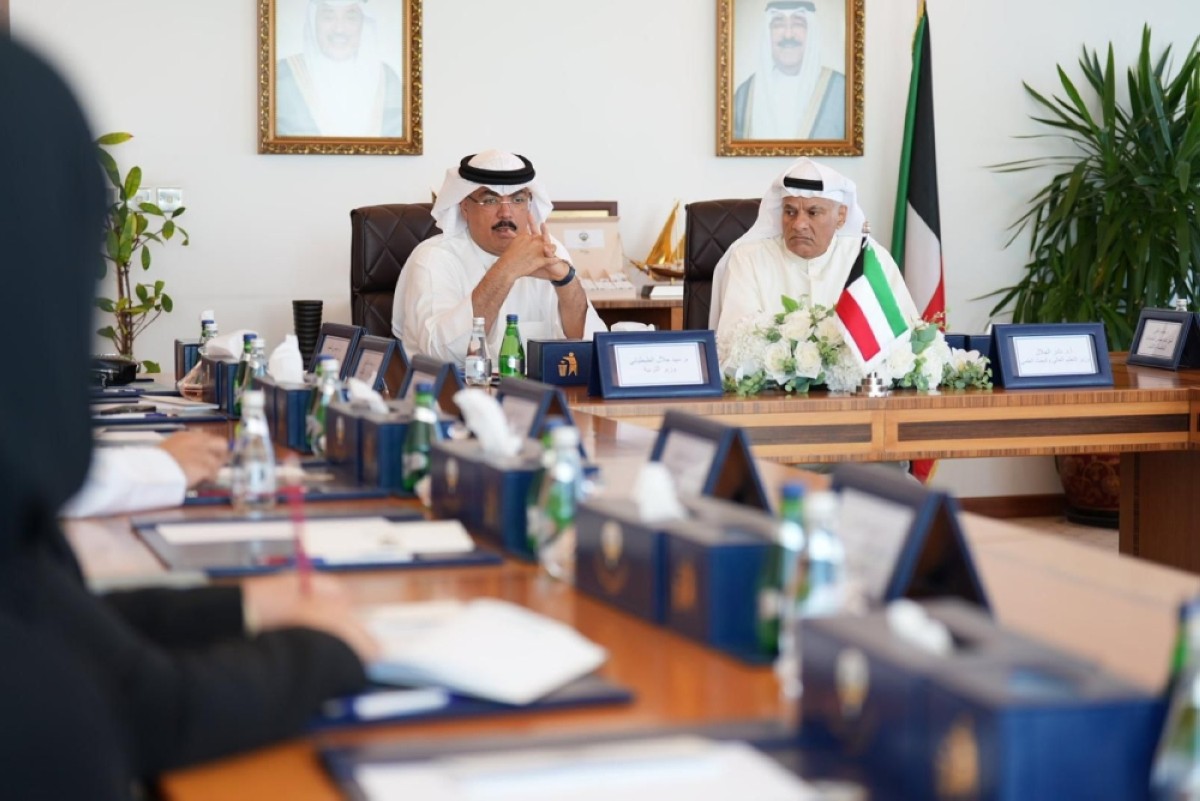KUWAIT: Gulf Medical University (GMU), Ajman, reaffirmed its position as a leading hub for academic excellence and healthcare innovation with the grand success of the GMU Career Fair & Industry Partners Meet 2025. This year’s event marked a significant milestone in the university’s journey toward empowering future healthcare professionals by bridging the gap between education and employment.
Themed “Empowering the Next Generation of Healthcare Leaders,” the event brought together an impressive assembly of students, alumni, industry veterans and over 90 leading healthcare organizations. It provided a vibrant platform for aspiring professionals to engage directly with recruiters, learn from thought leaders, and explore career paths across diverse healthcare sectors. The initiative also showcased GMU’s ongoing efforts to align its academic vision with real-world demands through innovation, entrepreneurship and global industry collaboration.
The event was officially inaugurated by Dr Thumbay Moideen, Founder President of Thumbay Group, who has been instrumental in pioneering private medical education in the region. In his keynote address, Dr Moideen emphasized the critical need for adaptable, tech-savvy professionals in today’s healthcare landscape. “At GMU, we are not just educating students; we are shaping leaders who will redefine the future of healthcare through innovation, ethics and global perspectives,” he remarked.
Following the inauguration, attendees took part in a series of enriching panel discussions moderated by GMU’s academic leadership, including Prof Manda Venkatramana, Acting Chancellor, and Prof. Hesham Marei, Acting Vice Chancellor – Academics. These sessions focused on career readiness, healthcare education reform, industry expectations and leadership development. Distinguished HR professionals and executives from top hospitals and medical companies engaged students through workshops on CV writing, interview strategies, and portfolio building — providing practical insights and mentorship.
The event also featured interactive booths and networking pavilions representing major healthcare entities such as Aster, NMC, American Hospital, King’s College Hospital Dubai, Julphar, Abbott, and many others. Government and regulatory bodies including Dubai Police, Ajman Municipality, and the Emirates Health Services (EHS) also participated, reflecting the strong public-private collaboration fostered by GMU.
This year’s Industry Partners Meet also highlighted GMU’s new strategic directions, including the introduction of AI-powered healthcare curriculum modules, entrepreneurship incubators and global academic partnerships. These advancements, along with GMU’s robust research ecosystem and state-of-the-art Thumbay Medicity campus, reinforce its position as a trailblazer in academic healthcare transformation in the Middle East.
Applications are now open for the upcoming academic session at Gulf Medical University. With limited seats and high demand across all programs, prospective students are encouraged to apply early. Whether you’re a recent graduate or a working professional seeking to upskill in healthcare, GMU offers a world-class academic experience tailored to your ambitions. Visit www.gmu.ac.ae to explore programs and begin your journey toward a rewarding healthcare.
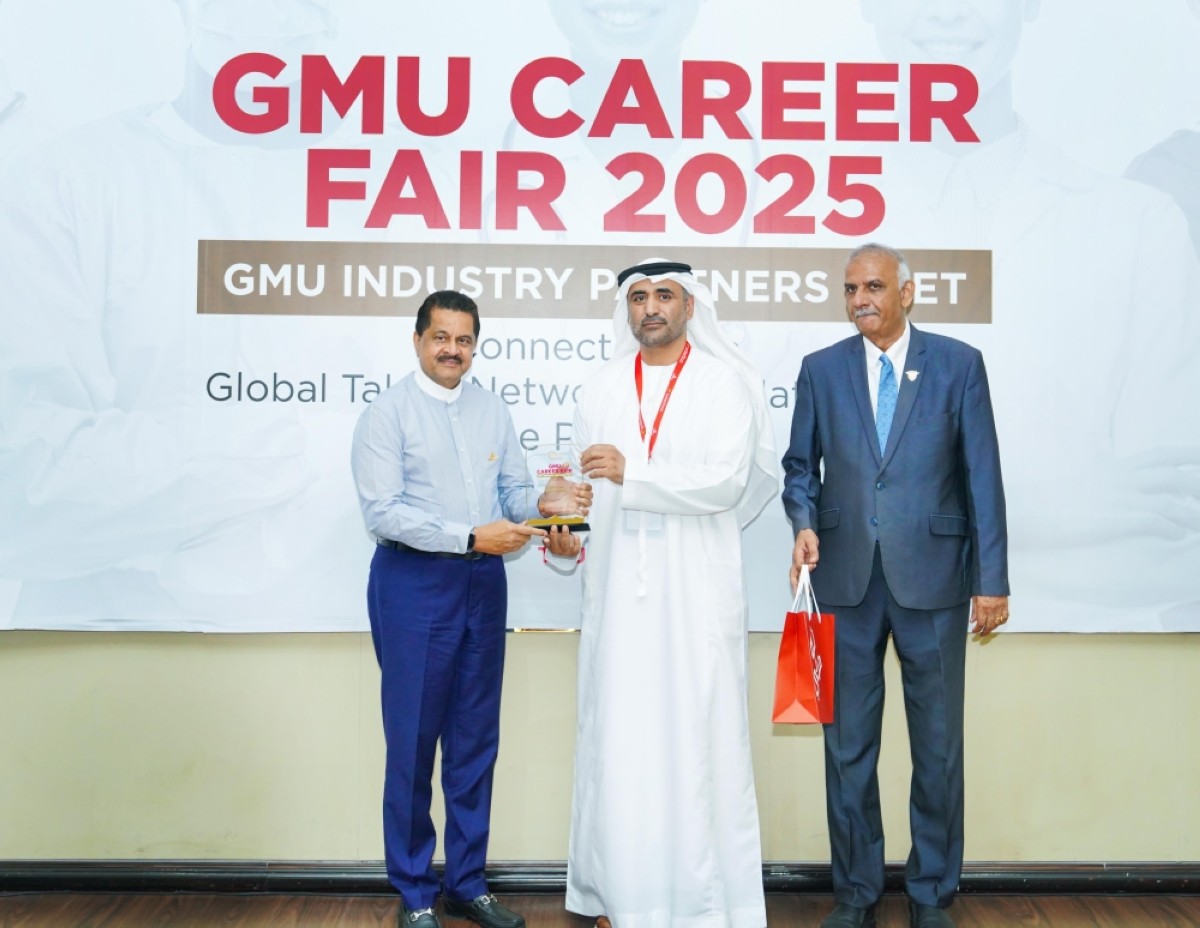

 Latest News21 hours ago
Latest News21 hours ago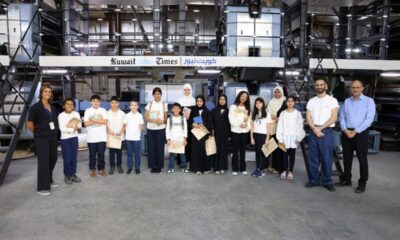
 Latest News23 hours ago
Latest News23 hours ago
 Politics7 hours ago
Politics7 hours ago
 Business14 hours ago
Business14 hours ago
 Latest News14 hours ago
Latest News14 hours ago
 Latest News12 hours ago
Latest News12 hours ago
 Politics3 hours ago
Politics3 hours ago
 Politics4 hours ago
Politics4 hours ago
